While the number of ‘awareness’ days/weeks/months can sometimes feel overwhelming, a recent one had a real impact on us.
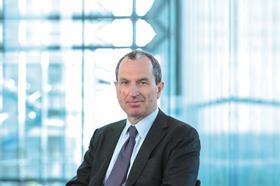
Earlier this month, during Transgender Awareness Week, we launched a new policy to ensure people at British Land who want to transition gender are properly supported.
Today, I don’t know anyone at British Land who wants to transition gender. But our new policy isn’t just about supporting the people right in front of us: it’s an important step on our journey towards a culture that is fully inclusive of people with characteristics that may not already be represented within our workforce. Our concurrent upgrading of our healthcare scheme to support the needs of colleagues who want to transition, also demonstrates our commitment to creating an inclusive culture; we are also training our managers to equip them with the capabilities they need to support team members in a broader way than might have been the case in the past.
‘Bring your whole self to work’ is a principle which has become steadily more important at British Land. We are confident that it helps make us happier and therefore more productive. It also helps with staff attraction and retention, over time, with people with different histories, perspectives and backgrounds feeling at home, so that diversity becomes more ‘baked in’ to how we work and think. As I have said a number of times, the business case for diversity- in terms of reducing the risk of Group think and getting closer to your customers, amongst other things, seems pretty compelling.
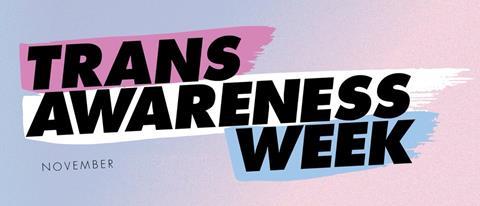
We want all our people to feel that they can bring their whole selves to work, and if we want to attract and retain the best talent we have to make sure people are aware that our industry is changing.
There’s plenty of research now to back up the assertion too. A report by JLL found that 90% of business operating costs are related to employees. Helping those employees to be more productive must make a very meaningful impact on the bottom line. Stonewall reports that 42% of people who aren’t living their preferred gender see transitioning as a threat to their employment status so it’s clear there is work to do.
We have also found that no single initiative is sufficient in itself. To make substantial changes we need a comprehensive approach and we can also learn from different companies , and not just in our own sectors. The work that Lloyds has done to help raise awareness of mental health problems and Unilever’s works on gender balance is truly admirable.
So we move forward but there is plenty more to do!
























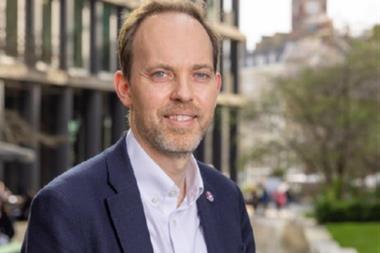

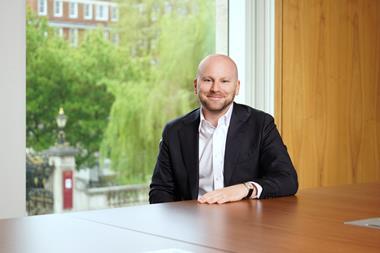
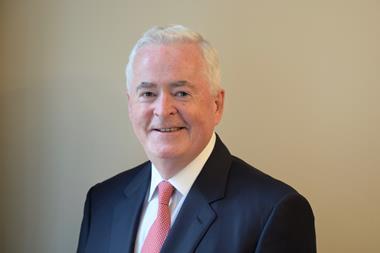


No comments yet